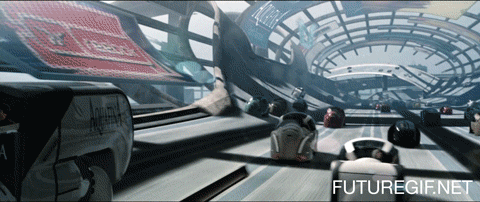That goal lies with the ubiquity of driverless cars and them becoming a shared resource that people use by the journey, not by the car purchase. The classic Demolition Man model.
Where do they go? Idle in giant car parks when not in use? Algorithmically prowl the streets anticipating demand? Head, empty, out to their next user in the suburbs to shuttle them in (zero-occupancy traffic somehow superior to single-occupancy vehicle use?!)? A city that accommodates either of these scenarios on a scale to provide mass utility isn't much different from today's car-choked mess.
Everyone hailing a roaming car to go into a city still leads to a city filled with cars; reducing the need for cars in a city in the first place leads to 'better' cities (whatever that means).
Driverless cars already exist in huge numbers, we call them 'buses'. If more people didn't insist on their personal automotive bubble for the huge <2 mile travel that is typical, cities would be a better place.
Where do they go? Idle in giant car parks when not in use? Algorithmically prowl the streets anticipating demand? Head, empty, out to their next user in the suburbs to shuttle them in (zero-occupancy traffic somehow superior to single-occupancy vehicle use?!)? A city that accommodates either of these scenarios on a scale to provide mass utility isn't much different from today's car-choked mess.
Everyone hailing a roaming car to go into a city still leads to a city filled with cars; reducing the need for cars in a city in the first place leads to 'better' cities (whatever that means).
Old Kent Road, 2052:

nah, rather not.